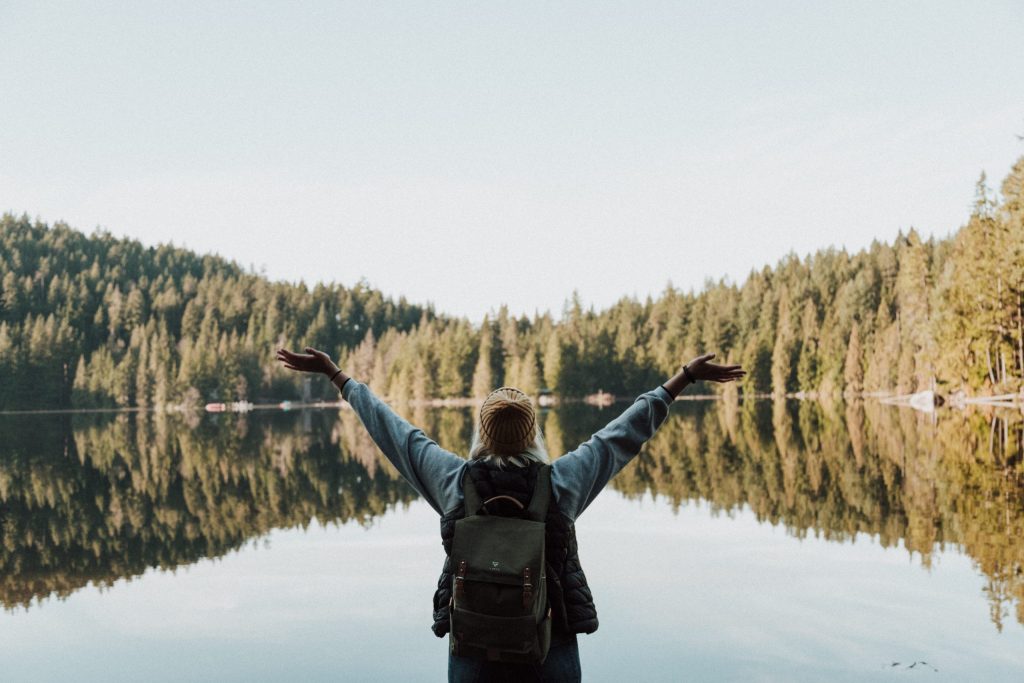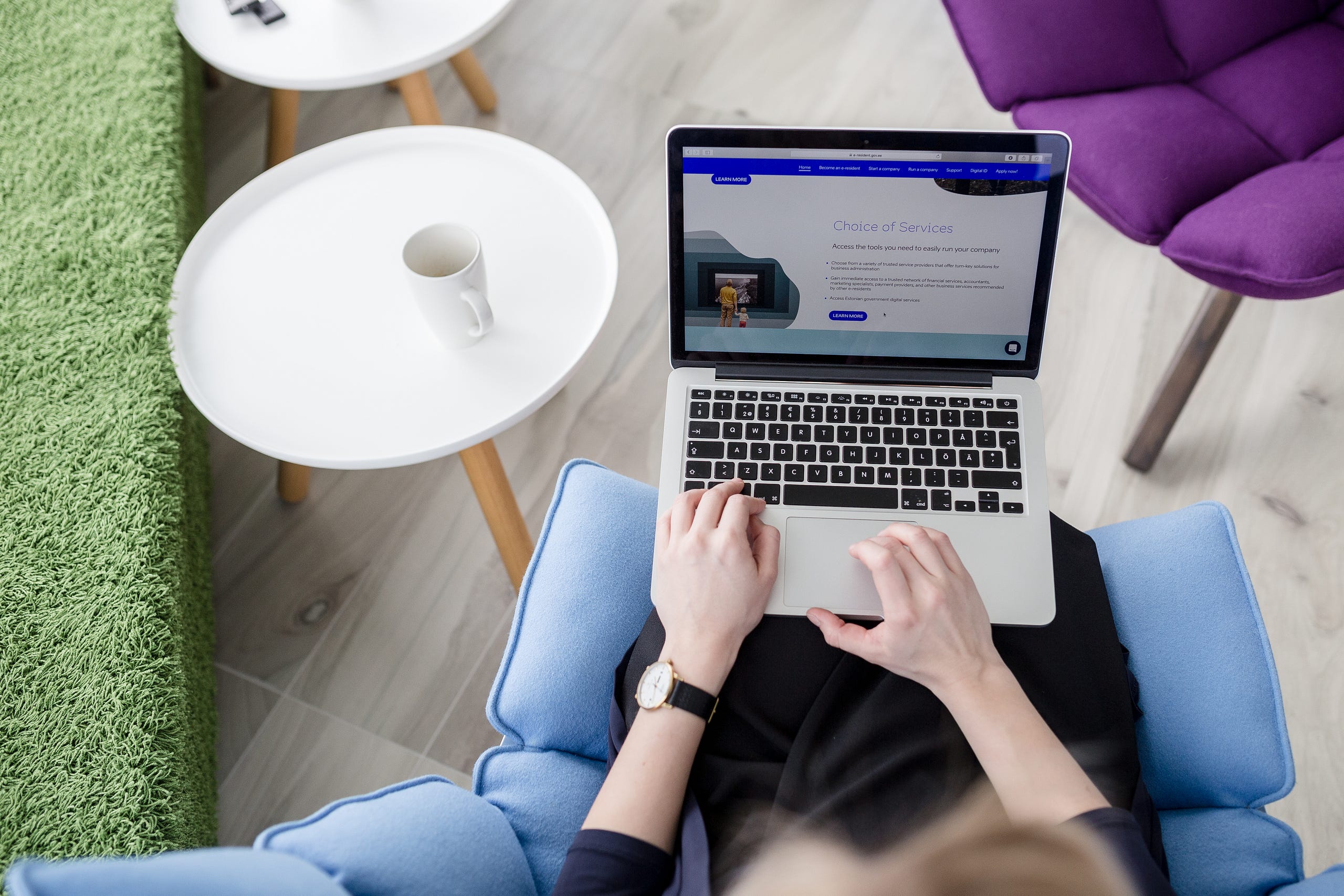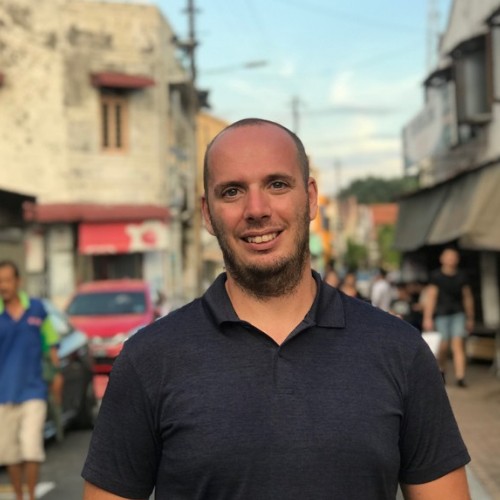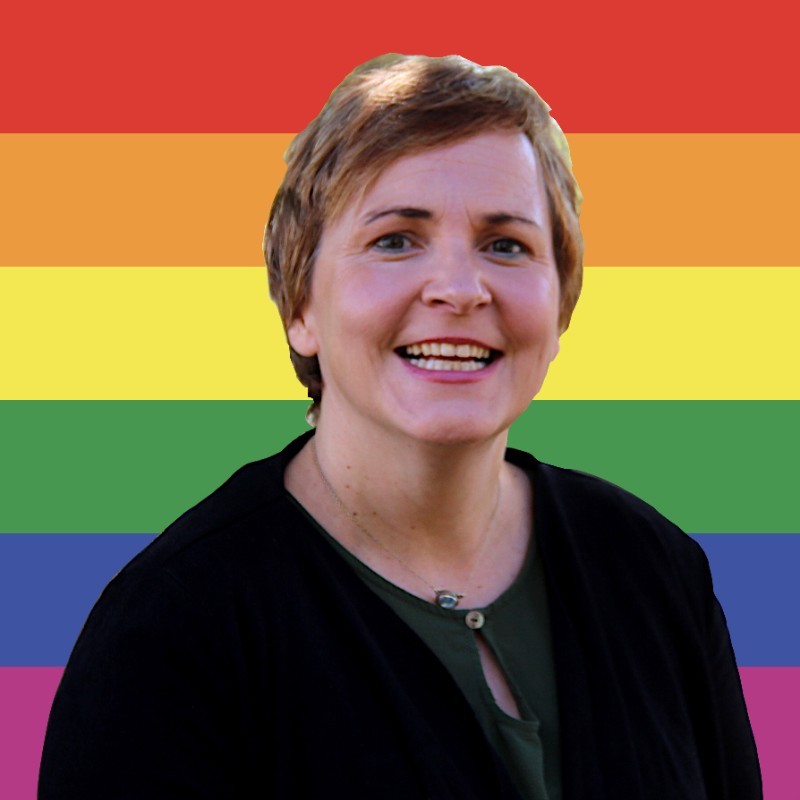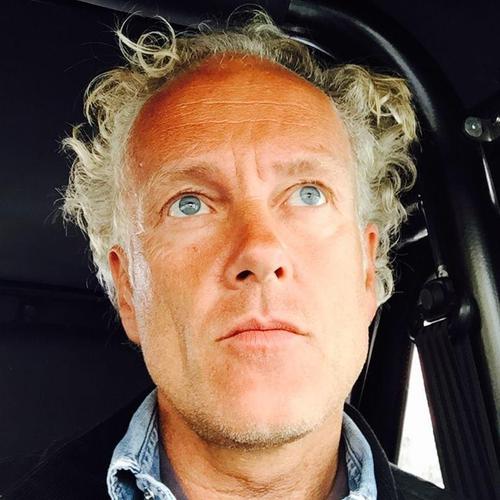a brave new world for digital nomads
How location independent entrepreneurs including many e-residents have adapted to and innovated during the pandemic
A new wave of digital nomads
“50% of the people here are doing this for the first time ever”, he explained. “And what’s really new is that we have 50-60% full-time employees.”
Co-living: embracing diversity and difference
Global citizens, trans-sovereign individuals…
“We need to fix things around compliance, and then mobile schooling and education. Our kids’ experiences will be so different.”
More from e-Residency
- Sign up for our newsletter
- Watch fresh video content - subscribe to our Youtube channel
- Meet our team and e-residents - register for our next Live Q&A
